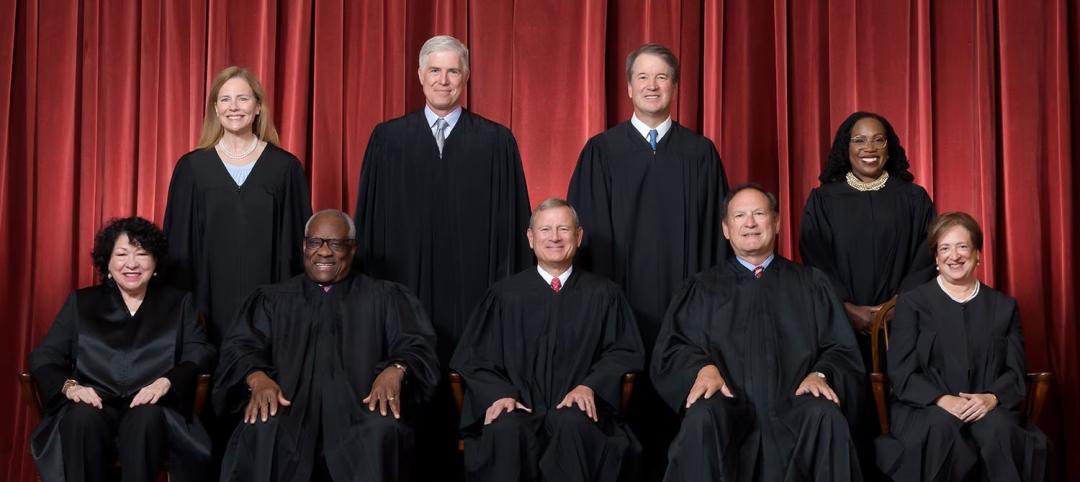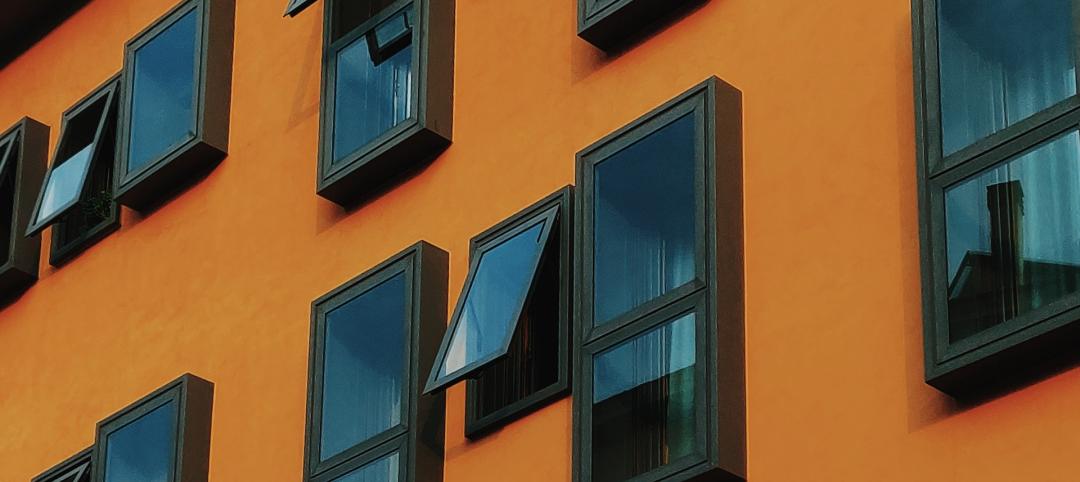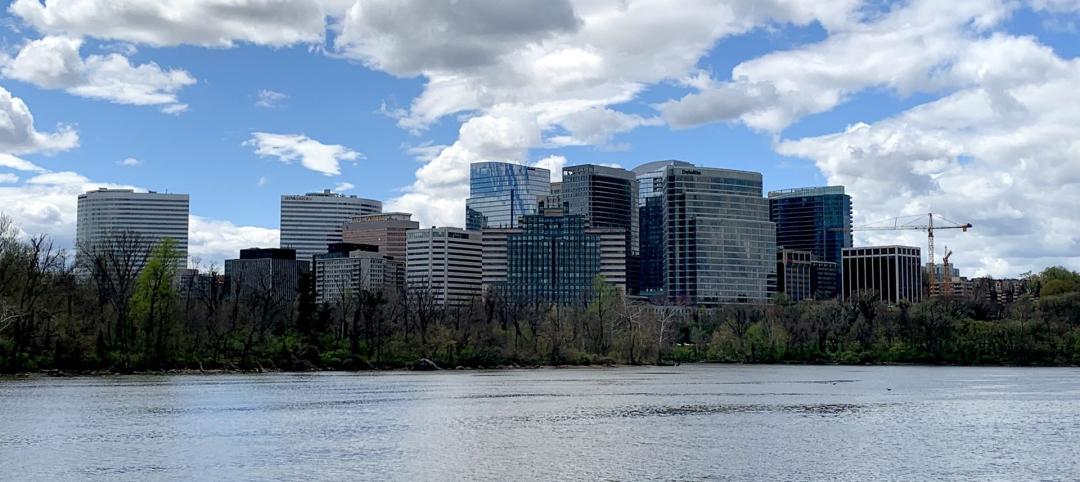Anchorage, Alaska is considering updates of land use ordinances aimed at encouraging redevelopment.
One controversial measure would raise the allowable height of residential buildings from 45 feet to 70 feet and change a rule that limits construction of tall buildings next to shorter ones. This proposal concerns some residents who fear more shadows cast by structures would block the sun, which shines just seven hours a day during the depths of winter.
Also under consideration are a relaxation of parking and landscaping requirements. Developers and architects have complained that recent code changes concerning new apartments, townhouses, and condos are too burdensome and expensive.
"It's premature to put six-story buildings in two-story residential neighborhoods," Cheryl Richardson, director of the Anchorage Citizens Coalition, told the Alaska Dispatch News.
Related Stories
Regulations | May 8, 2023
Supreme Court case likely to have huge impact on Clean Water Act
A case before the Supreme Court will likely determine how the Clean Water Act is interpreted and the ruling could open up new areas for development within or adjacent to wetlands.
Codes and Standards | May 8, 2023
New ASHRAE standard defines ‘zero energy’ and ‘zero carbon’ buildings
ASHRAE has released a new standard that defines the terms ‘Zero Energy’ and ‘Zero Carbon’ to describe buildings. ANSI/ASHRAE Standard 228-2023, Standard Method of Evaluating Zero Net Energy and Zero Net Carbon Building Performance, sets requirements for evaluating whether a building or group of buildings meets a definition of “zero net energy” or a definition of “zero net carbon” during operation.
Sustainability | May 1, 2023
Increased focus on sustainability is good for business and attracting employees
A recent study, 2023 State of Design & Make by software developer Autodesk, contains some interesting takeaways for the design and construction industry. Respondents to a survey of industry leaders from the architecture, engineering, construction, product design, manufacturing, and entertainment spheres strongly support the idea that improving their organization’s sustainability practices is good for business.
Office Buildings | May 1, 2023
Office building owners face potential legal liabilities when adding new workplace amenities
Many landlords in the war for tenants have turned to offering new amenities such as conference room services, fitness centers with nutritionists, and high-end food and beverage offerings. To provide new services, landlords often engage with third-party vendors, which can present thorny legal liability.
Codes and Standards | May 1, 2023
Hurricane Ian aftermath expected to prompt building code reform in Florida
Hurricane Ian struck the Southwest Florida coastline last fall with winds exceeding 150 mph, flooding cities, and devastating structures across the state. A construction risk management expert believes the projected economic damage, as high as $75 billion, will prompt the state to beef up building codes and reform land use rules.
Codes and Standards | Apr 21, 2023
Federal court overturns first natural gas ban in the U.S.
A recent ruling by the Ninth U.S. Circuit Court of Appeals in San Francisco invalidating Berkeley, California’s ban on natural gas within new building construction puts similar measures adopted around the country in legal jeopardy.
Codes and Standards | Apr 21, 2023
Sixteen-year-old climate law not having intended impact on decarbonizing federal buildings
Sixteen years out from a 2007 law that aimed to end the use of fossil fuels in federal buildings, gas heat is still being installed within the federal sphere.
Green | Apr 21, 2023
Boston to adopt stringent climate-friendly building code
Boston will soon adopt a new stringent green state building code that aims to significantly reduce carbon emissions in new construction and major renovations.
Multifamily Housing | Apr 21, 2023
Arlington County, Va., eliminates single-family-only zoning
Arlington County, a Washington, D.C., community that took shape in the 1950s, when single-family homes were the rule in suburbia, recently became one of the first locations on the East Coast to eliminate single-family-only zoning.
Contractors | Apr 18, 2023
New York City construction fatalities, injuries rise in 2022 as activity booms
New York City’s construction fatalities rose from nine in 2021 to eleven in 2022, according to a report by the New York City Department of Buildings. Recorded injuries also rose to 554 last year after leveling off in 2020 and 2021.

















